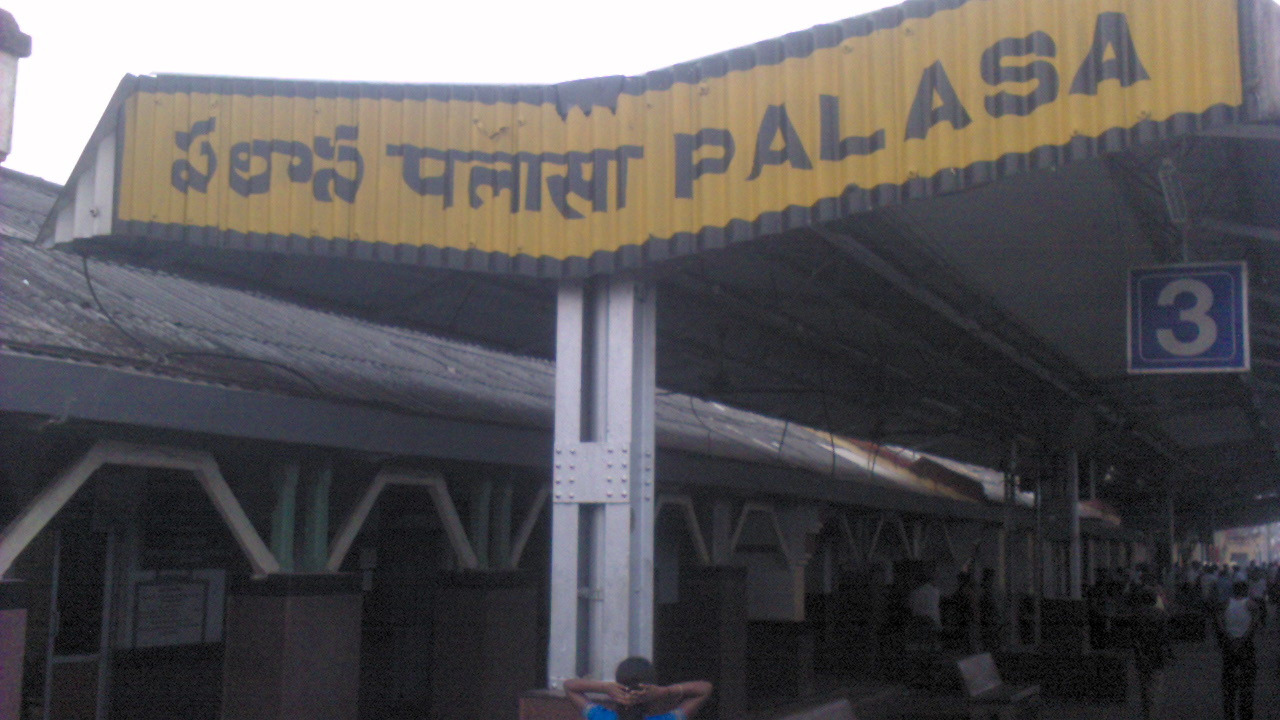Telangana Chief Minister K. Chandrasekhar Rao has renamed his party, the Telangana Rashtra Samithi (TRS), as the Bharat Rashtra Samithi (BRS), signaling his ambition to play a more prominent role in national politics. This move has surprised many, and while it may have advantages, there are also significant challenges to overcome.
Motives for the Rebranding KCR founded TRS in 2001 with the primary goal of achieving a separate state of Telangana from Andhra Pradesh. However, he has recently faced a decline in popularity and credibility in his home state, where he is accused of nepotism, corruption, authoritarianism, and neglecting the welfare of various sections of society. Additionally, the BJP has emerged as the main opposition party in Telangana, winning four Lok Sabha seats and seven assembly seats in 2019. KCR has also been critical of the BJP-led central government’s policies and interference in state matters. He has expressed dissatisfaction with the Congress, which he sees as a weak and ineffective alternative to the BJP.
KCR’s Strategy KCR aims to project himself as a leader who can unite regional parties and form a third front against the BJP and the Congress in the 2024 Lok Sabha elections. He claims that BRS will work for the welfare and development of all sections of society and regions of India, upholding the principles of federalism, secularism, and democracy. He has also reached out to various regional leaders, such as Mamata Banerjee, Sharad Pawar, Akhilesh Yadav, Tejashwi Yadav, M.K. Stalin, and Kumaraswamy, to forge an alliance against the BJP. KCR plans to hold a mega rally in Delhi in December to showcase his strength and vision.
Challenges for the BRS The BRS faces several obstacles in its quest for national relevance. First, it is uncertain whether KCR will be able to retain his hold over Telangana, where he faces several challenges from within and outside his party. He also has to prepare for the assembly elections next year, where he may face a tough contest from the BJP-led alliance. Second, it is unclear whether KCR will be able to convince other regional parties and leaders to join his BRS-led front. Many of them may have their own aspirations and reservations about KCR’s leadership and agenda.
Conclusion KCR’s decision to rename his party as BRS and expand his national reach is a gamble that may pay off or backfire for him. It may give him an opportunity to emerge as a national leader who can challenge the BJP and the Congress, or it may expose him as an overambitious leader who lost his grip over his home state. It remains to be seen how KCR will navigate this challenging journey ahead.





